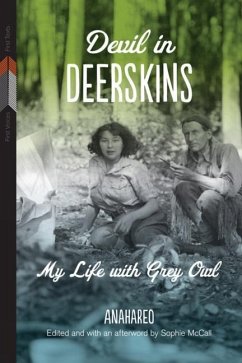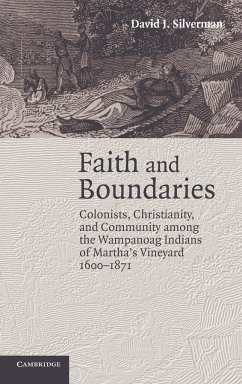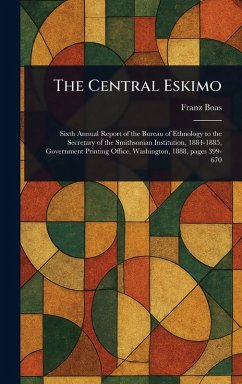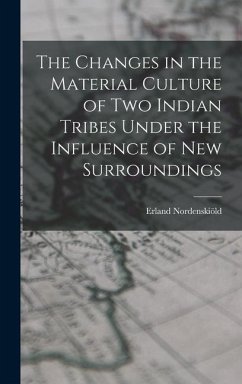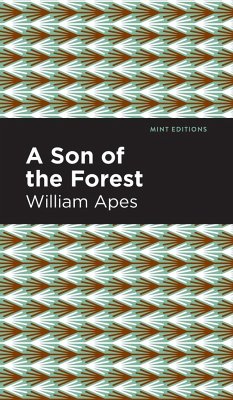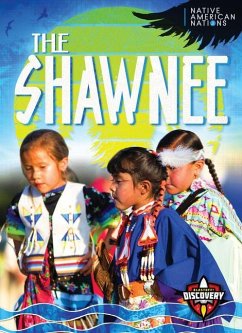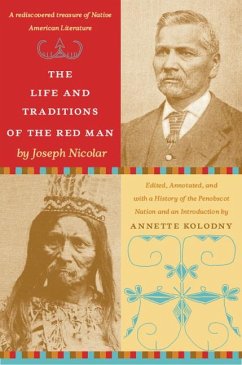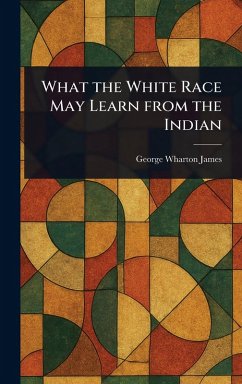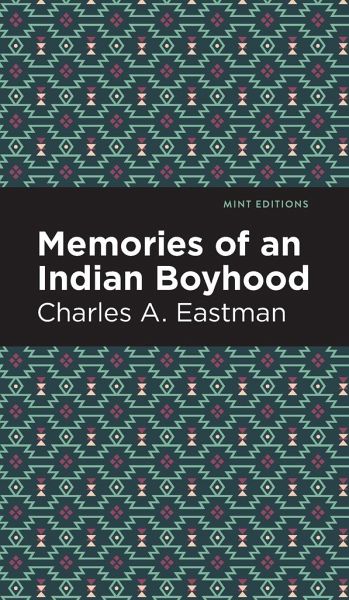
Memories of an Indian Boyhood
Versandkostenfrei!
Versandfertig in über 4 Wochen
11,99 €
inkl. MwSt.

PAYBACK Punkte
6 °P sammeln!
Memories of an Indian Boyhood (1902) is a memoir by Charles Eastman. Recognized for his achievements as a pioneering Native American physician, Eastman was also a prolific writer whose personal stories, powerful meditations, and in-depth studies of indigenous culture continue to be read and appreciated today. In this memoir, his debut literary work, he recalls a youth marked by tragedy and perseverance that earned him the name Ohíye S'a, Dakota for "always wins." "What boy would not be an Indian for a while when he thinks of the freest life in the world? This life was mine." Although his birt...
Memories of an Indian Boyhood (1902) is a memoir by Charles Eastman. Recognized for his achievements as a pioneering Native American physician, Eastman was also a prolific writer whose personal stories, powerful meditations, and in-depth studies of indigenous culture continue to be read and appreciated today. In this memoir, his debut literary work, he recalls a youth marked by tragedy and perseverance that earned him the name Ohíye S'a, Dakota for "always wins." "What boy would not be an Indian for a while when he thinks of the freest life in the world? This life was mine." Although his birth and youth were marked by tragedy-the death of his mother, his separation from his father and siblings during the Dakota War of 1862-Eastman was able to experience the joys of Dakota Sioux life with his maternal grandmother and her family. "Every day there was a real hunt. There was real game. Occasionally there was a medicine dance away off in the woods where no one could disturb us [...]" Immersed in the traditions of his people, Eastman-whose birthname was Hakadah-developed an identity grounded in the wisdom of his elders, yet open to the world outside. Nostalgic and full of gorgeous detail, Memories of an Indian Boyhood is a story of one boy's youth that resonates with all who read it. This edition of Charles Eastman's Memories of an Indian Boyhood is a classic work of Native American literature reimagined for modern readers. Since our inception in 2020, Mint Editions has kept sustainability and innovation at the forefront of our mission. Each and every Mint Edition title gets a fresh, professionally typeset manuscript and a dazzling new cover, all while maintaining the integrity of the original book. With thousands of titles in our collection, we aim to spotlight diverse public domain works to help them find modern audiences. Mint Editions celebrates a breadth of literary works, curated from both canonical and overlooked classics from writers around the globe.





